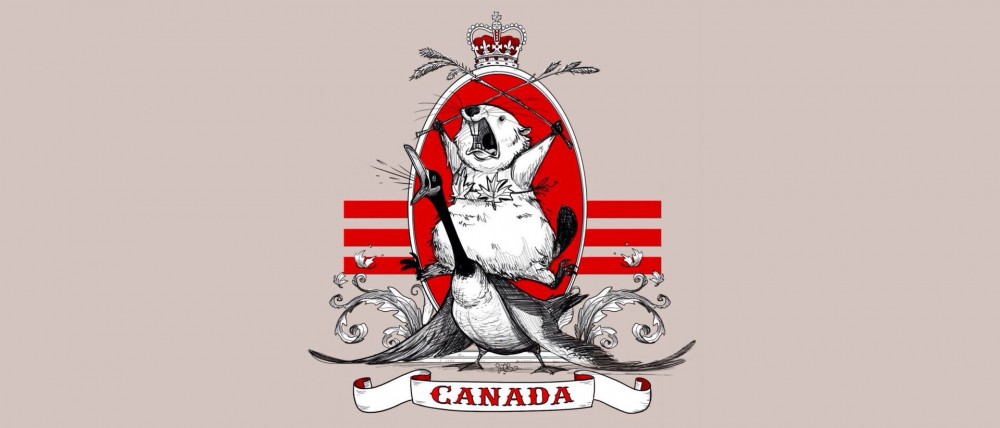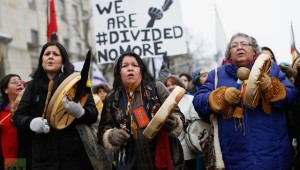Hi Everyone! My name is Nicole Galloway and I am fourth year Co-op student at UBC. I am currently finishing up my double major in Political Science and English Literature, and I will hopefully be done in April 2017 (fingers crossed!).
Right now I am on my second co-op work term with the Vancouver Symphony Orchestra. I am working with this non profit organization as the Special Projects Assistant. In this position I work in the Symphony’s development department on various fundraising campaigns such as the VSO fall lottery. I am excited to be able to take this course online so I can complete a few required credits during my co-op work term!
I was born and raised in beautiful North Vancouver, and although I am Canadian I have a serious lack of knowledge about Canadian literature. During my time at UBC I have mainly studied British literature, and I am looking forward to getting to know Canadian literature better. This course has a packed syllabus that addresses difficult topics about Canada’s colonization and Canada’s current relations with First Nations People. I also notices we will be studying how stories and literature impact our history. We will be looking at looking at the relationship between literature and stories/storytelling to see where these closely related areas intersect and overlap.
I can already see from the syllabus that this course will be dealing with a lot of current political issues that we have in Canada, and as a Political Science student I am very interested in the political aspects of this course. Analyzing whose stories we listen to and take as truth will provide insight on many of our current political conflicts between The Canadian Government and First Nations People. How do we decide whose stories become truth – the truth that we used to build our nations history? For example land disputes are often in the media and we use our conflicting histories to justify who it belongs too. One story will be deemed by the courts as true but which one is?
Throughout this course I expect that many of my personal view points will be challenged while trying to gain a new perspective on Canada’s literary canon, but even more so when learning to develop reading strategies that forget my Western biases.
Works Cited:
Kane, Laura. “First Nations in Peace River Region Win Battle over 65-year-old Error.” Global News. Global News, 12 Nov. 2015. Web. 10 Jan. 2016.
telSUR. “Canada Launches Inquiry on Missing, Murdered Indigenous Women.”Canada Launches Inquiry on Missing, Murdered Indigenous Women. Canadian Press-CBC- APTN, 10 Nov. 2015. Web. 10 Jan. 2016.
Vancouver Symphony Society. “The Vancouver Symphony Orchestra.”Vancouver Symphony Orchestra. Vancouver Symphony Society, n.d. Web. 10 Jan. 2016.


Hello Nicole, your blog looks great – welcome to our course of studies together, I am looking forward to working together this semester.
Thank you! I’m looking forward to this course!
When analyzing material throughout the course, what do you think will serve as useful tools to figure out what the “truth” is? Or is truth a matter of perspective?
Hi Tatiana,
I think truth is a matter of perspective. No story is ever 100% true, and I think it is unavoidable to not have biases or misinterpretation of different events.
Edward Chamberlain does a great job explaining this concept of multiple “truths” throughout If This is Your Land Where are Your Stories . I think the point is not to find the one true “truth” because there is no such thing, rather we should look to find and acknowledge the multiple truths of the First Nations People in combination with the Settlers’ truths.
Work Cites:
Chamberlin, J. Edward. If This Is Your Land, Where Are Your Stories?: Finding Common Ground. Toronto: Vintage Canada, 2004. Print.